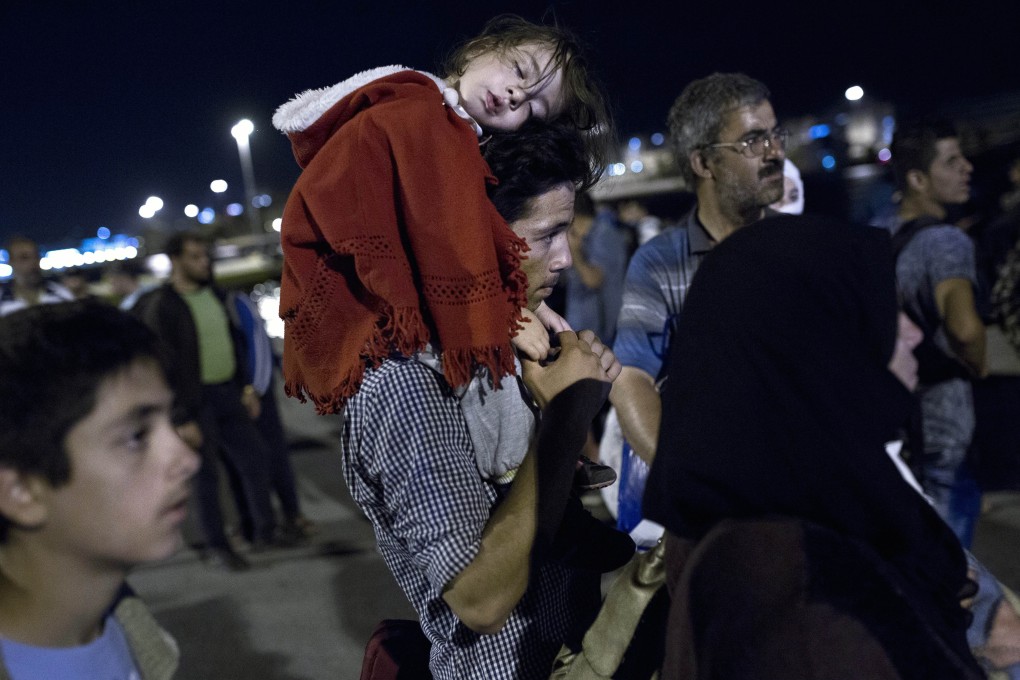Worse to come for Europe's migrant crisis
Gwynne Dyer says while some of the inundated EU countries are welcoming those escaping war and economic hardship, many are not

Refugees from the wars of the Middle East are pouring into the European Union at an unprecedented rate. So are economic migrants from Africa and non-EU countries in the Balkans. They are coming at the rate of about 3,000 a day, and the EU doesn't know what to do about it. While a few of the EU's 28 countries are behaving well, many more have descended into a gibbering panic about being "overrun".
It really is a case of the Good, the Bad and the Ugly, and the best of the Good is Germany. Chancellor Angela Merkel put it bluntly: "If Europe fails on the question of refugees … it will not be the Europe we imagined." She has put her money where her mouth is: two weeks ago, she predicted that Germany would accept asylum claims from 800,000 refugees this year.
How, in these circumstances, is the EU to agree on a common policy for sharing the burden of caring for the refugees?
France, Italy and the Netherlands have also been fairly generous about granting refugees asylum, and quiet, gallant Sweden is accepting more refugees per capita than anybody else in the EU. But the good news stops here. Most other EU countries are refusing to take a fair share of the refugees, or even any at all.
Let us define the Bad as those governments that really know they should be doing more, but are shirking their responsibility for domestic political reasons. The most prominent are Britain and Spain.
UK Prime Minister David Cameron's problem is that overall immigration into Britain is high (330,000 last year), which has infuriated the right-wing media. In fact, more than half the newcomers were citizens of other EU countries, and only 25,000 were refugees - but such fine distinctions have little place in the public debate. And in Spain, there's an election coming up.

